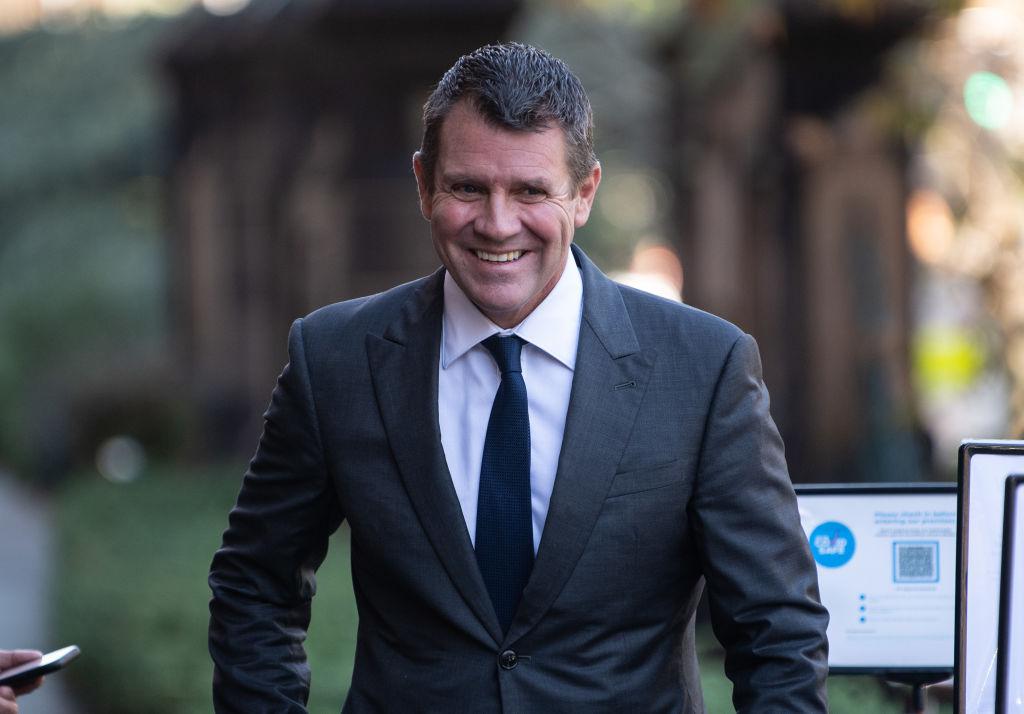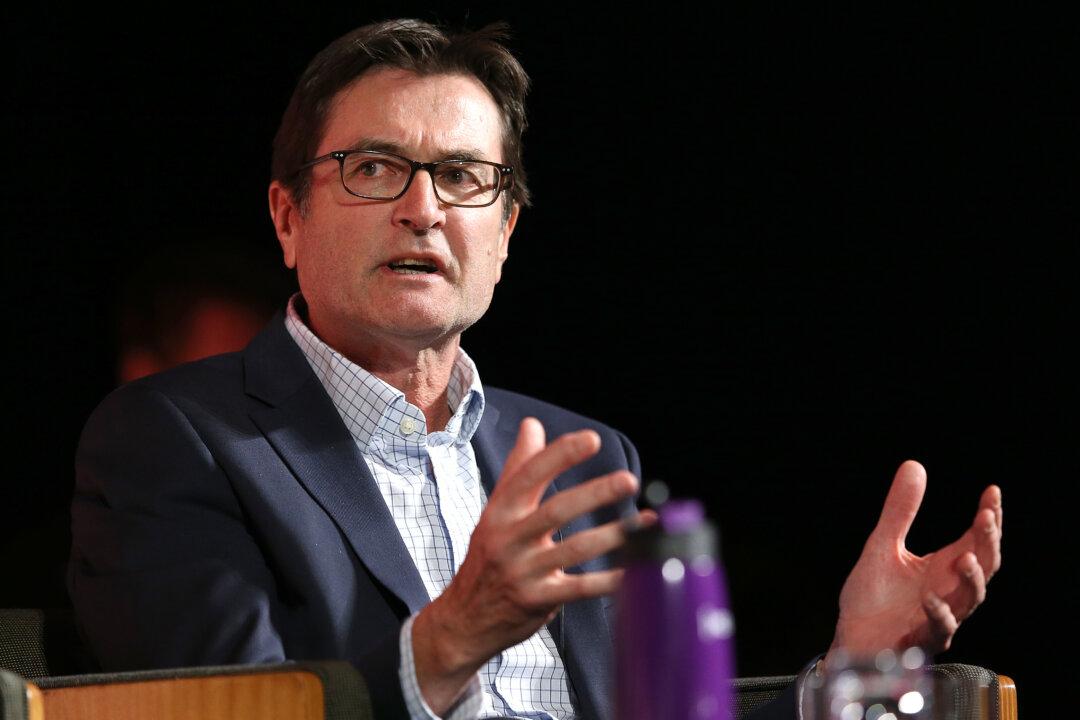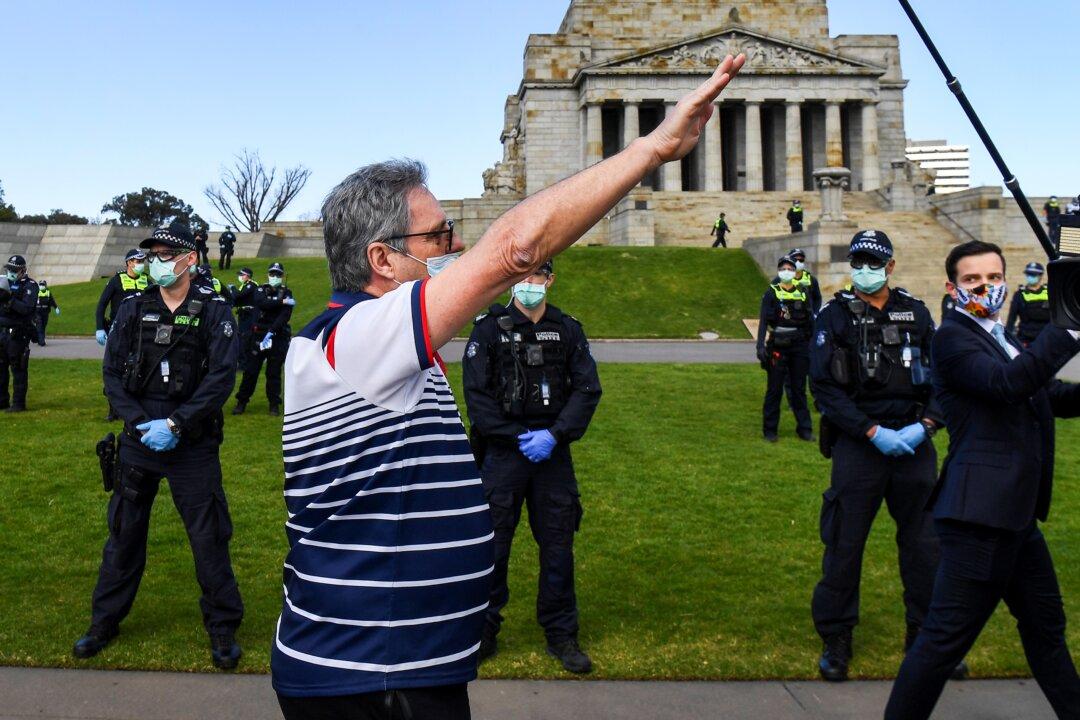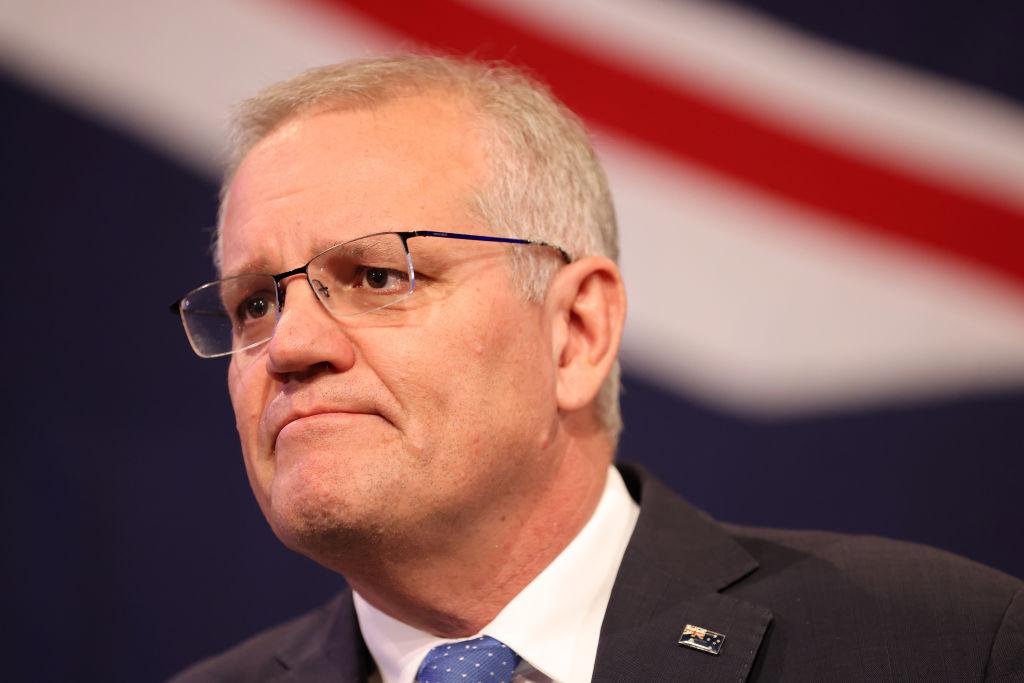Former NSW Premier Mike Baird has said Australian politics has become dominated by career politicians more interested in winning elections than creating bona fide change.
“The biggest [disappointment] to me is political leaders that don’t do what they know is right or what they believe in. That invariably means that people are managing to try and win elections,” Mr. Baird told Future Generation Australia CEO Caroline Gurney on a podcast on Jan. 8.





